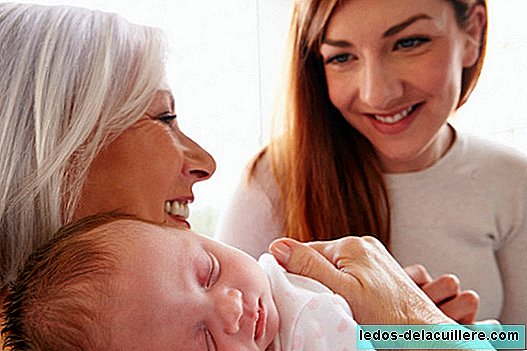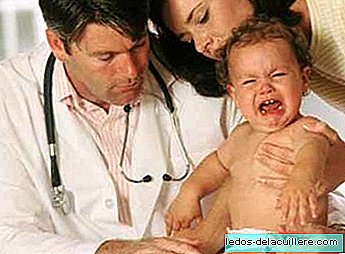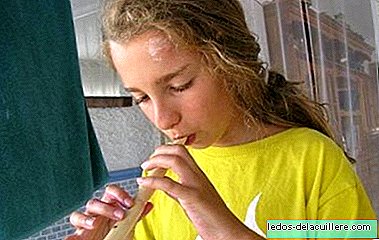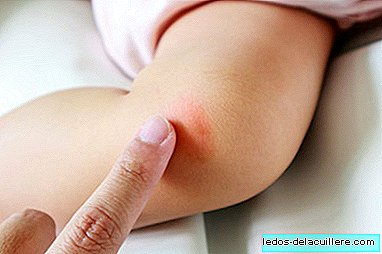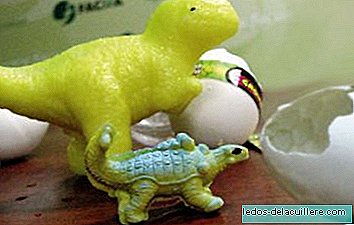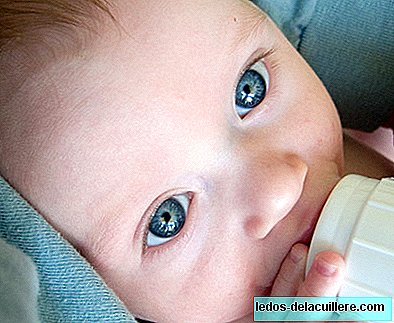
When I started studying breastfeeding, being a nurse and a father, I read a phrase that made me think a lot, which said that feeding babies with artificial milk was one of the greatest experiments without control of history. It seemed to me a strong and forceful phrase, but quite logically: a newborn arrives immature to feed on just one thing that helps him grow and mature rapidly in every way, breast milk. At the moment when this substance is not offered and given another, the development may be different.
And there are many consequences that are gradually being known. We already know that children who drink artificial milk are more at risk of infections, more likely to suffer from obesity, worse neurological development, have a higher cardiovascular risk, among other things. Now we also know that Children who drink artificial milk have a higher risk of stomach obstruction.
What is that stomach obstruction
The study I am talking about comments that these children have a higher risk of suffering hypertrophic pyloric stenosis (HPS), an obstruction of the stomach that usually happens in the first two months of a baby's life and that is resolved by surgery. It is a thickening of the smooth muscle layer of the pylorus, which separates the stomach from the small intestine, with an average incidence of two cases per thousand births. The cause of it happening is still unknown.
The investigation was carried out at the Children's Hospital of Seattle, in the USA, where a group of researchers analyzed the births that occurred between 2003 and 2009. In total, 714 children admitted with this obstruction and another group of children without pyloric stenosis to compare them.
They observed the type of feeding of each child and saw that the incidence of HPS was reduced from 14 cases per 10,000 births in 2003 to 9 per 10,000 in 2009. In that time interval breastfeeding rates increased by 80% to 94%. Analyzing the cases they saw that children who developed HPS drank more artificial milk than children in the control group, who did not suffer from the disease (19.5% versus 9.1%). In addition, they observed that the chances of a baby developing stomach obstruction increased when the mothers were 35 years old or more and when they were multiparous.
The researchers conclude that artificial milk could be the cause of some cases of HPS and that more studies are needed to know how the mother's age or the fact that she had had previous births can also increase the risk of suffering from it.
As we always say, this research and all the side effects that artificial milk can cause in babies continue to cause support and help to nursing mothers is very important. Come on, that every woman who wants to breastfeed should be able to do so by finding in the pediatricians, nurses, lactation consultants and the same family a network that supports her and helps her to make it possible.



